-
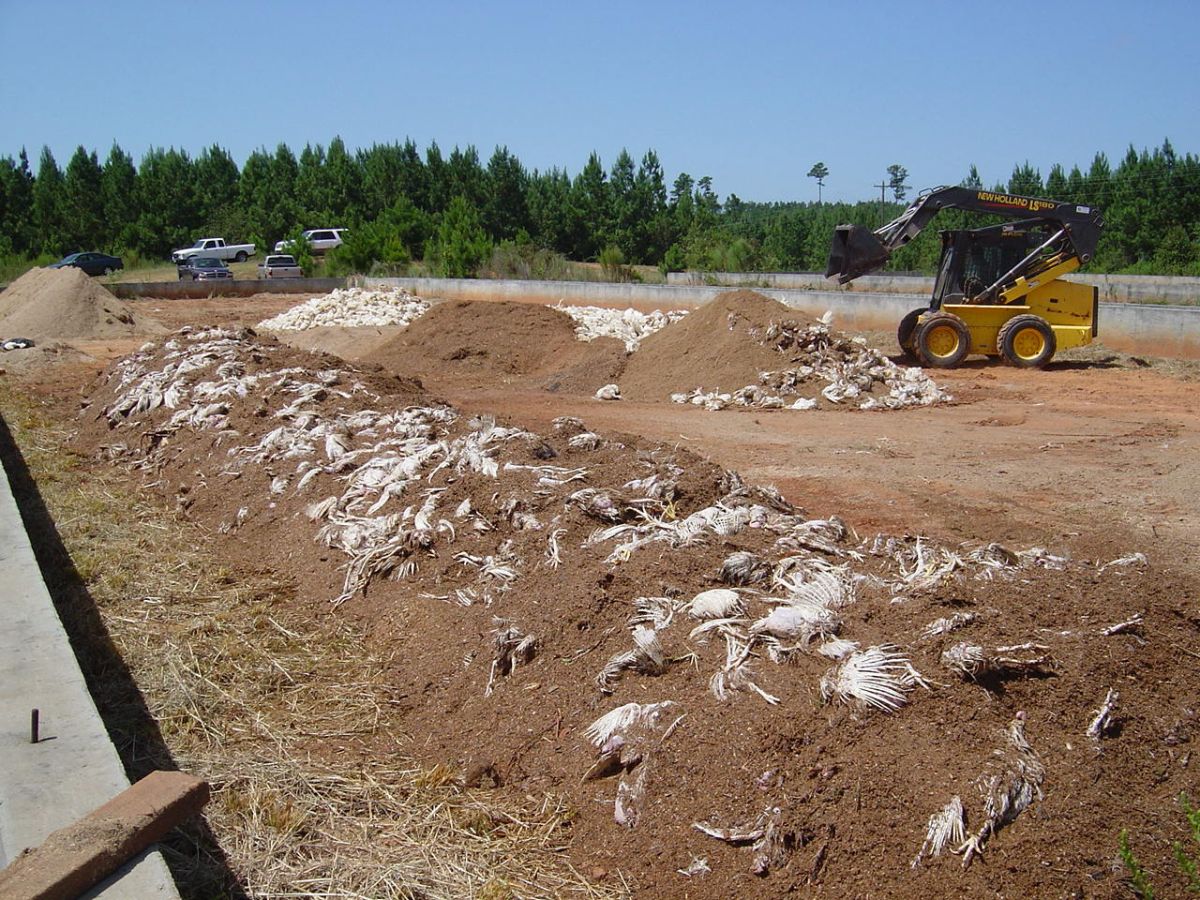
Mortality management is an important responsibility for contract poultry producers. The exact number of daily mortalities will vary depending on the number of birds on the farm as well as their size and age. Because mortality losses constitute a relatively large portion of the total wastes generated in poultry production, their disposal must be managed…
-
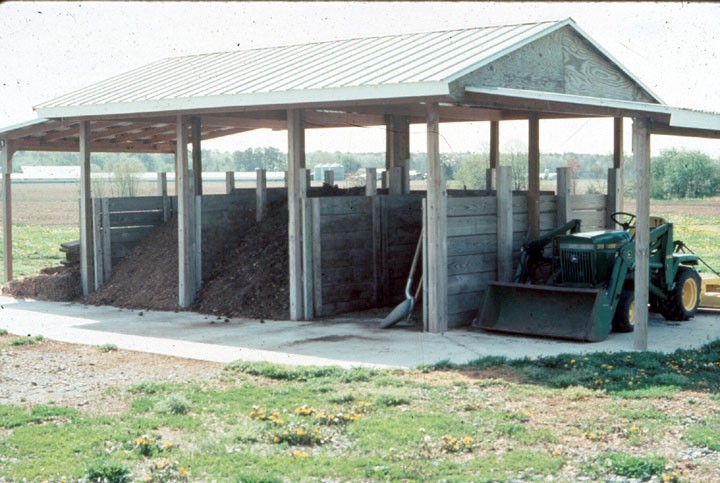
-
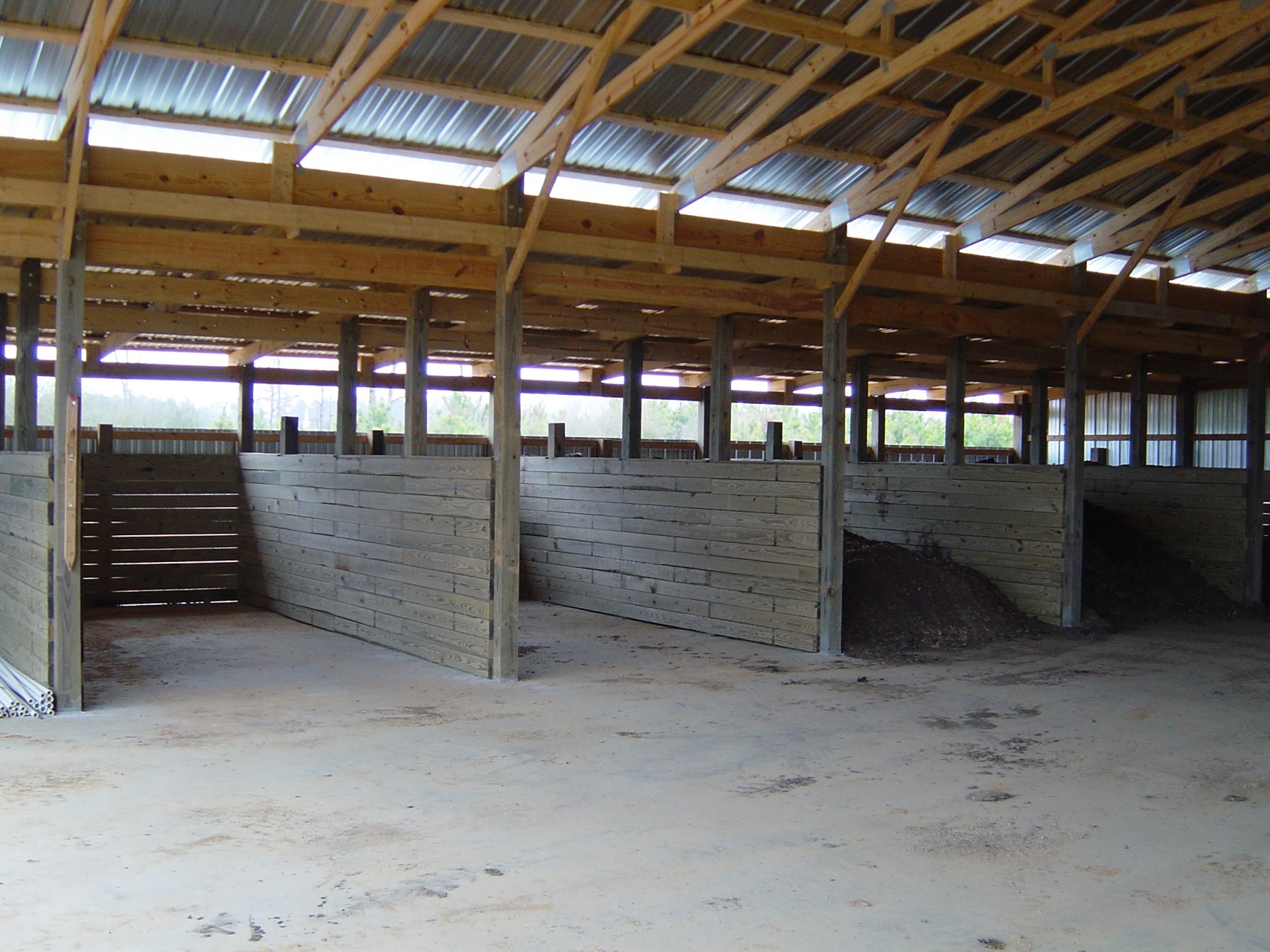
Composting poultry mortalities is a relatively new, practical, and sanitary alternative to burial pits and incinerators. It is an economical, fairly odorless, and biologically sound practice for broiler, turkey, layer, and Cornish hen operations. Management commitment is the key to successful composting. Composting resolves the disposal problem and yields a valuable product — a reduced…
-
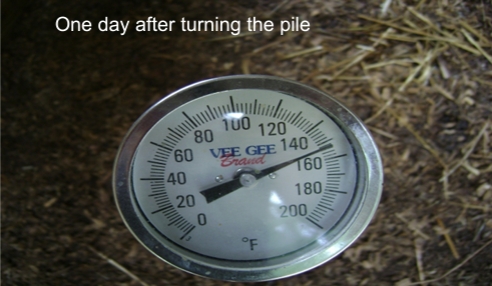
Composting daily mortality can be a useful, cost-effective management tool when practiced correctly. However, it can be environmentally harmful if it is not managed and monitored properly.
-
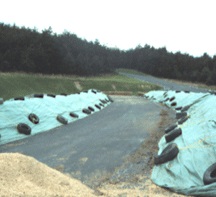
-
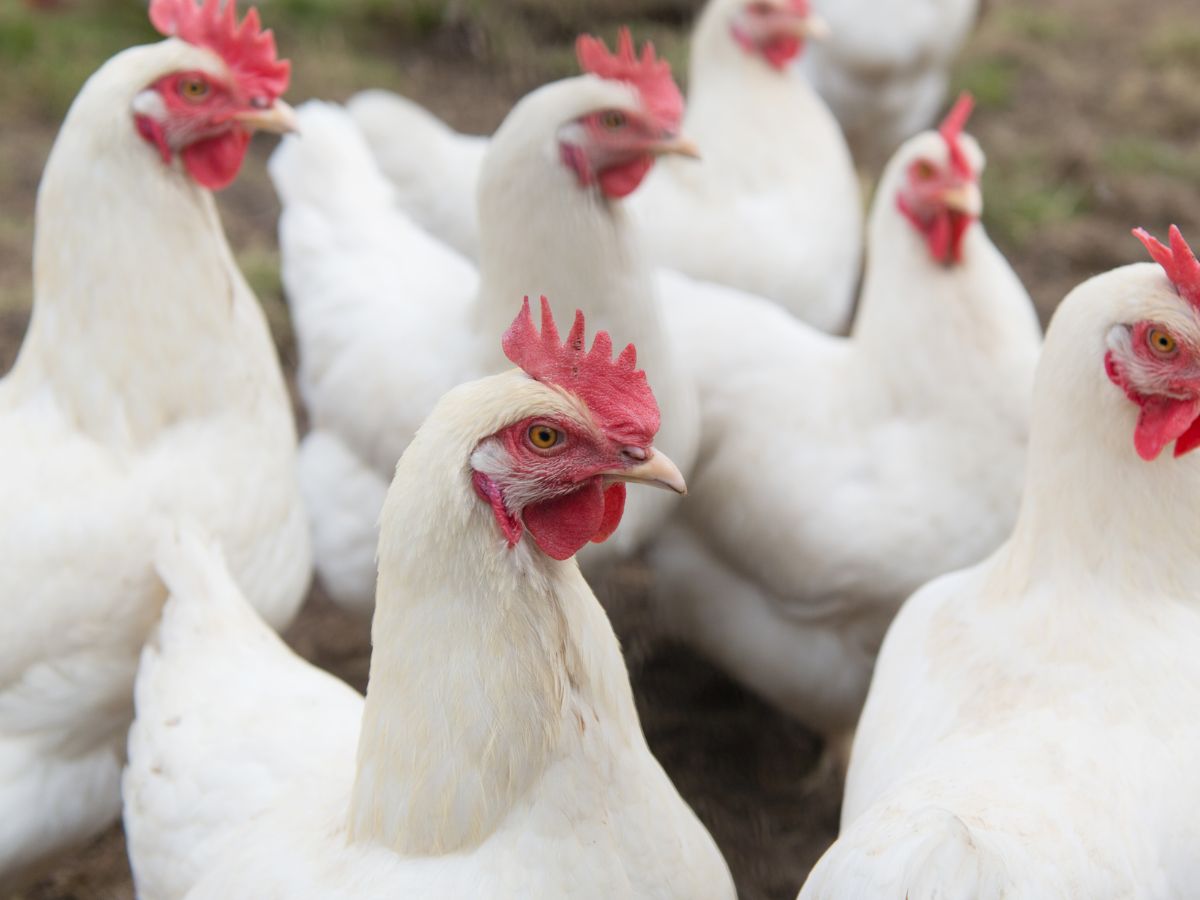
Marketing considerations are often the deciding factor when egg producers and other poultry growers begin to design a mortality management practice for their operations. Chickens, like other animal species, have determined life cycles, but all chickens return eventually as elements to the earth from which they came. How we handle their “remains,” especially when large quantities…
-
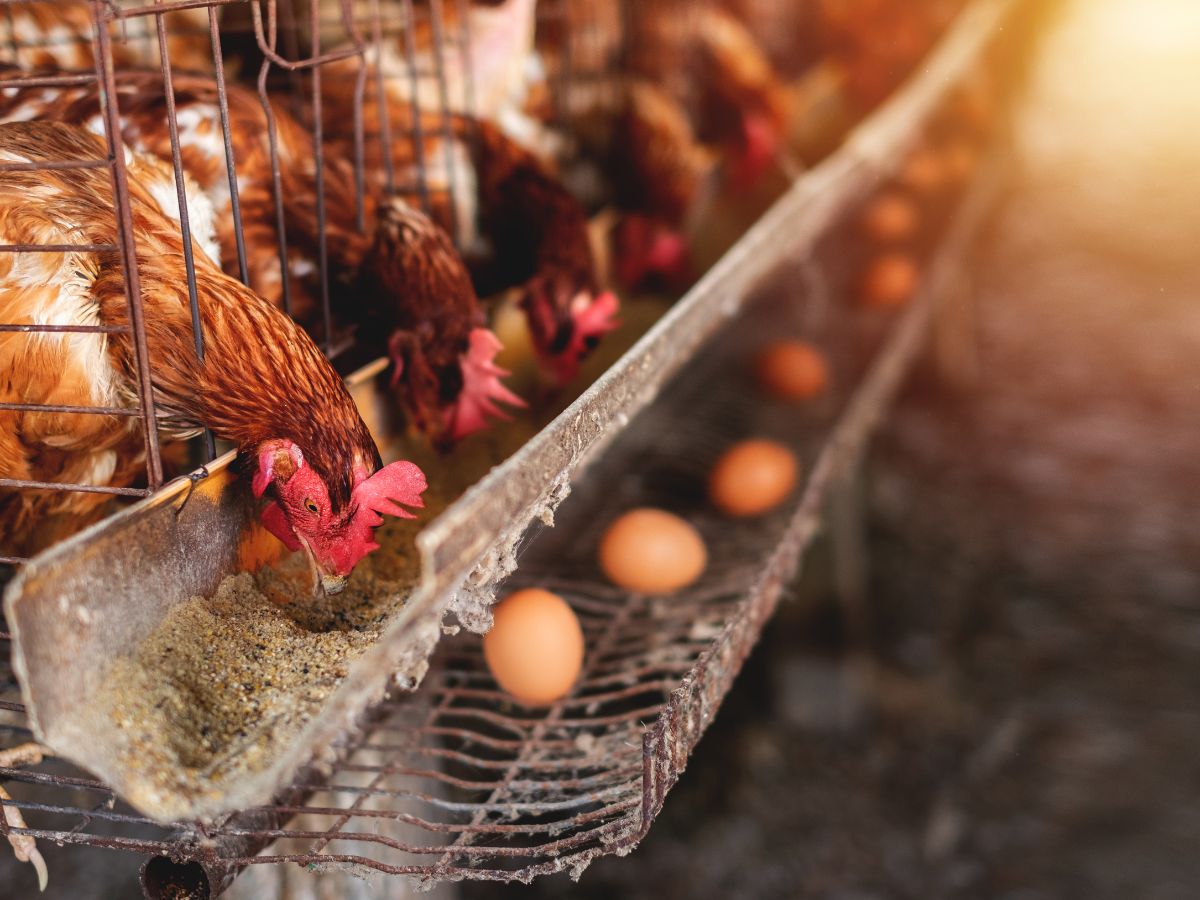
Hens produce fewer eggs as they age and at times the eggs may not be marketable. The producer can temporarily reverse this decline or recover production for six or eight months by using an induced molt. By the time hens are two years old, and veterans of two or three production cycles, they will have to…
-
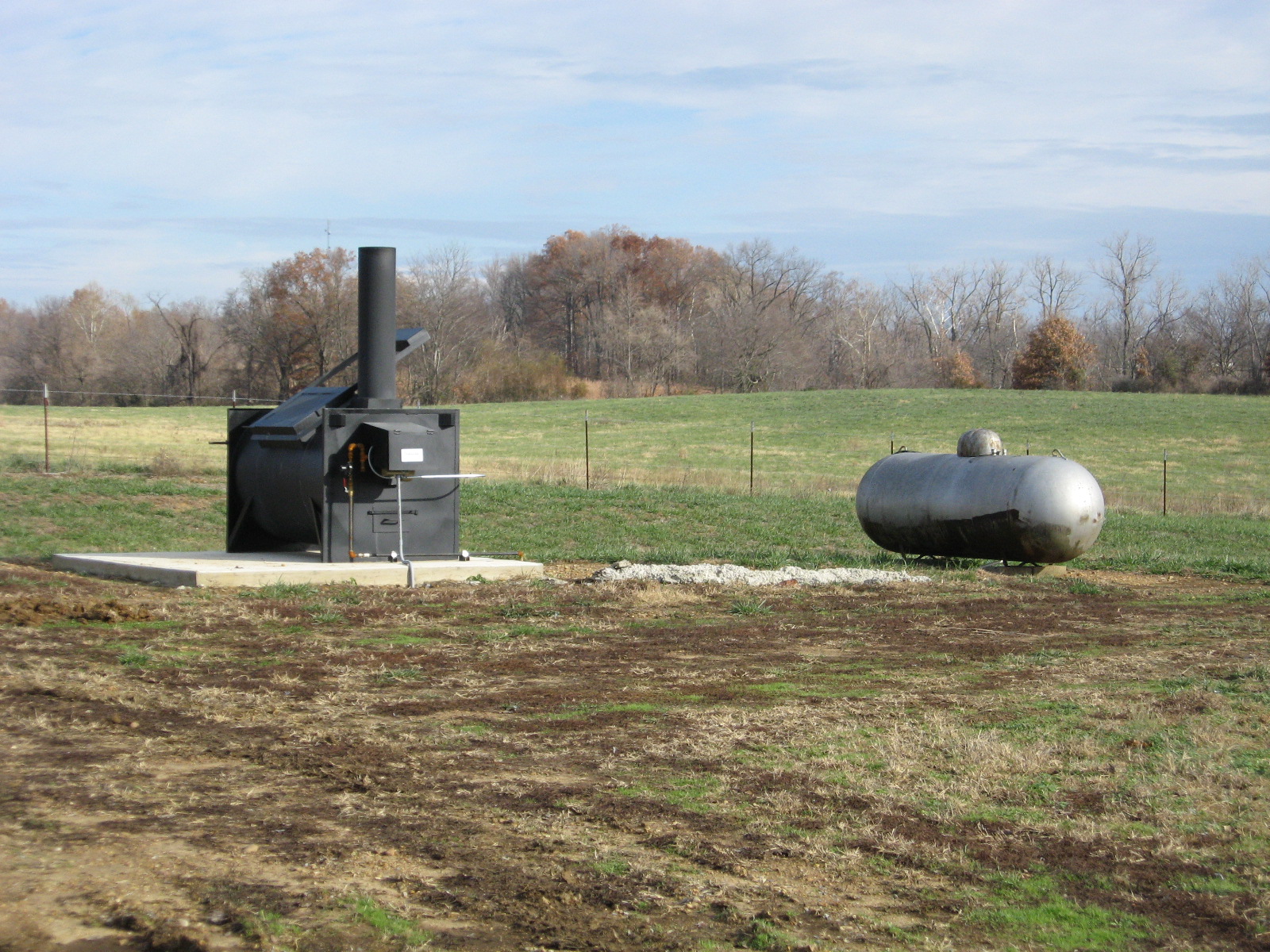
Incineration, or cremation, is a safe method of carcass disposal and may be the method of choice in areas plagued by poor site drainage and rocky soils. The major advantage of incineration is its ability to curtail disease. It is biologically secure, and it does not create water pollution problems. Even its by-product — ashes…
-

-
